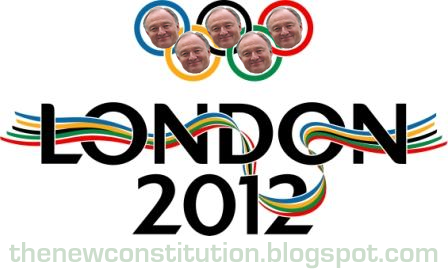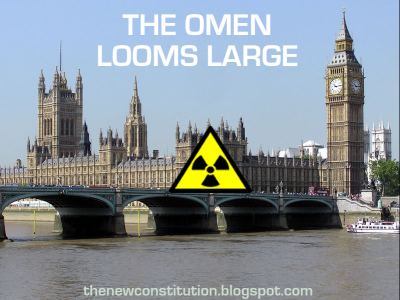
Everyone goes sentimental on New Year’s Eve. We all love to think of the new world we can paint in the coming twelve months, seeing the resolution of the world’s woes. Either that, or a dire prediction of death and destruction: a devastating natural disaster, a widespread war, the spread of a horrific disease, etc. Sadly, the latter is more likely to occur. Most of these lists are ambiguous hints at what seem like educated guesses interspersed with “predictions” that anyone can see coming a year away. As such, this blog will not feature such a list. I will, however, consider some wider issues for the nation – and the world – to face in the coming year.
The Labour Party knows that it cannot win the next election; damage limitation tactics will be tried, but it is already too late.
In Westminster, no General Election will take place. Gordon Brown will be made Prime Minister, and will face the same media onslaught that Tony Blair has endured: there will be no resurgence of New Labour support. The Labour party will start to divide itself, as Brown is seen as increasingly despotic and difficult to work with. He will not be able to leave his time in the Treasury behind him, controlling his successor. The Conservatives will be seen as the people who can solve the problems that Labour have overseen, and David Cameron will be seen as a Prime Minister in waiting, just as Blair was in the mid 1990s. The Labour Party knows that it cannot win the next election; damage limitation tactics will be tried, but it is already too late.
2007 will see elections to the Scottish Parliament that will see the Labour share of the vote slump, and the Lib Dem portion drop slightly, while the Conservatives will see very little change. The real winners will be the SNP, who will probably take control of the Parliament.
As such, we will see an English party beginning to dominate Westminster, and a nationalist party dominating Scotland. Labour will be blamed for their disastrous methods of devolution, and the campaign for an English Parliament will gain speed.
If all of this actually happens, it will be no great surprise. My interest is not in the fun of predicting events, but the analysis of what they would mean for the country. If this does transpire, the United Kingdom would see a massive shake-up of the constitution.
One thing is certain: the UK constitution will look very different this time next year. And I’m sure it won’t look anything like I want it to!



